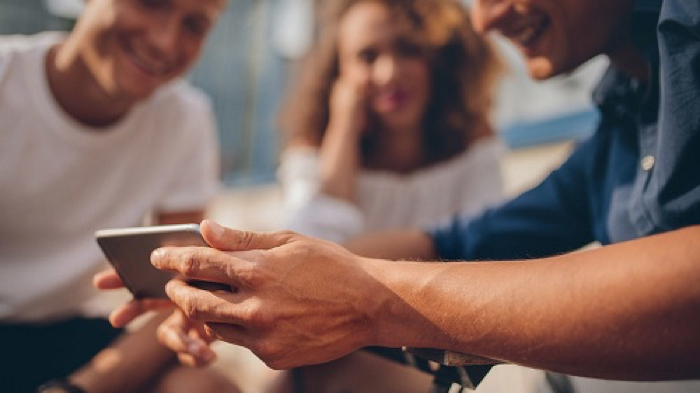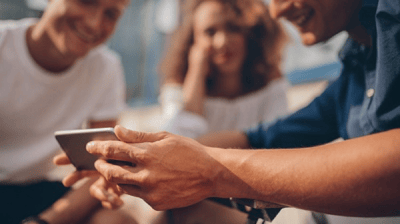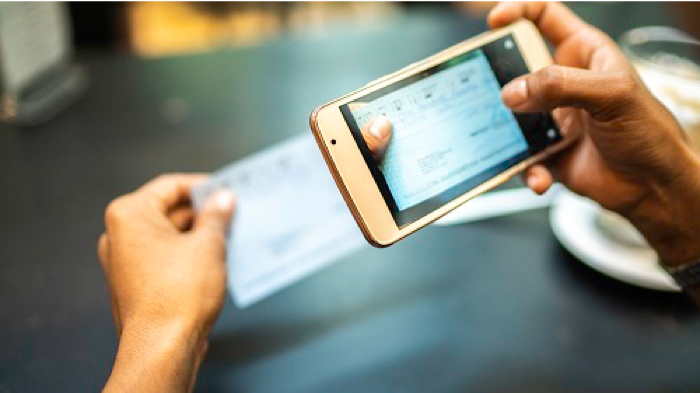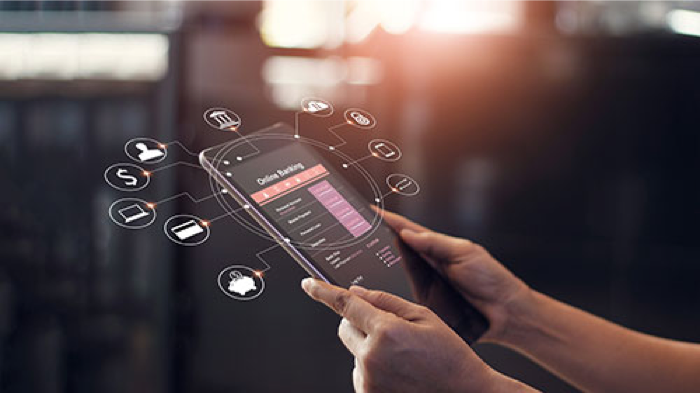Is Using an App Safer Than Using a Browser for Banking Digitally?
Online and mobile banking makes moving money, paying bills, and managing your financial well-being easier and more convenient. It’s certainly not...
Manage your everyday finances with convenient accounts, flexible cards, and personalized service designed to fit your life.
At First Federal Bank, we offer flexible mortgage solutions for almost any situation, helping you secure the right financing for your dream home.
Business banking offers secure financial management, streamlined transactions, credit options, and tools to help businesses grow efficiently and sustainably.
2 min read
First Federal Bank : June 30, 2023 10:00:00 AM EDT

 Banking online means you never have to wait in line or rush before the doors close for the night. Online banking never closes, so you can conveniently complete transactions when it suits your schedule. Plus, it enables you to do it anywhere on your smartphone, tablet, or laptop, whether it’s at home, work, or even in public spaces with a reliable Wi-Fi connection. But is it safe to use public Wi-Fi for online banking?
Banking online means you never have to wait in line or rush before the doors close for the night. Online banking never closes, so you can conveniently complete transactions when it suits your schedule. Plus, it enables you to do it anywhere on your smartphone, tablet, or laptop, whether it’s at home, work, or even in public spaces with a reliable Wi-Fi connection. But is it safe to use public Wi-Fi for online banking?
Look for encryption
Websites without encryption are unsafe to operate, making the use of public Wi-Fi even less secure. In fact, you should never use a website that doesn’t boast proper encryption for anything! Thankfully, most website providers today understand encryption is necessary for users to feel safe using their sites, and this makes connecting to a public Wi-Fi network a usually safe endeavor, according to the Federal Trade Commission (FTC).
“Look for a lock symbol or https in the address bar to the left of the website address. This works on a mobile browser, too. It can be hard to tell if a mobile app uses encryption, but the majority do,” according to the FTC.
Consider the space you’re in
Even with encrypted sites, you might be at risk if you’re using a public Wi-Fi connection that seems lacking in its security measures. An unsecure network, like free Wi-Fi connections at coffee shops, doctor’s offices, and airports, may open up your personal data to hackers, warns Laurie Budgar, writer for RD.com.
“Usually, the business discloses its Wi-Fi password so you can type it in, and it might even require you to create an account before you can access the internet; this is considered secure Wi-Fi. Often, though, all you need to do is ‘sign in’ by checking off a terms-and-conditions agreement. And sometimes you don’t have to do anything at all. Consider this a red flag that you’re dealing with public network Wi-Fi, also known as an unsecured network,” she warns.
Before you connect to a public Wi-Fi connection, make sure it takes several measures to help protect your data. If not, it’s best to wait on your online banking transactions.
Ways to protect your data and accounts
Unfortunately, hackers and thieves can reach you no matter where you are operating from. In addition to verifying you’re navigating an encrypted site and are on a secure Wi-Fi public network, there are other ways you can help ensure your data, personal information, and accounts are better protected.
The stronger your password, the better protection it gives. Make it unique for every account and app and change your password often. The FTC also recommends enabling a two-factor authentication whenever you can. Finally, be sure to be up to date on your device maintenance and upkeep.
“If you use a computer to get online, make sure your security software, operating system, and internet browser are up to date. Update your phone’s operating system, too. And turn on automatic updates to keep up with the latest protections,” reports the FTC.
Another way to protect your information is to utilize a VPN, adds Budgar. A virtual private network is an investment, but it goes a long way for your peace of mind and security when you’re using public Wi-Fi.
Before signing onto a public Wi-Fi network, make sure you’ve vetted its security, have updated your own device’s protections, applied unique strong passwords, and employed a VPN for greater protection.

Online and mobile banking makes moving money, paying bills, and managing your financial well-being easier and more convenient. It’s certainly not...

You may not feel comfortable visiting your local branch right now. I understand. Don’t get me wrong; I miss seeing all of my customers! Limited lobby...

2 min read
With easy-to-access data, convenient automatic transfers, and a variety of ways to organize your money, online banking can revolutionize the way you...
Manage your accounts, make payments, and more.
Open an account with us.